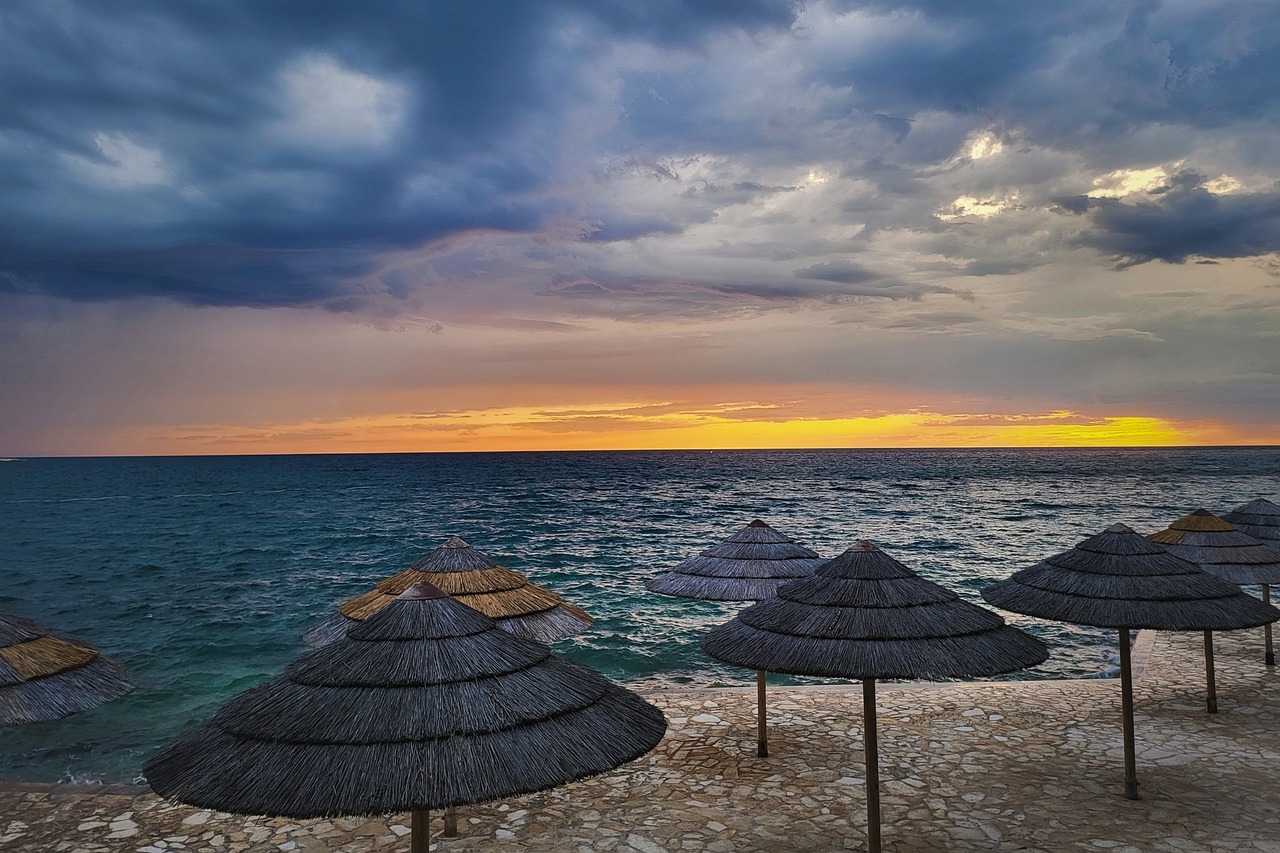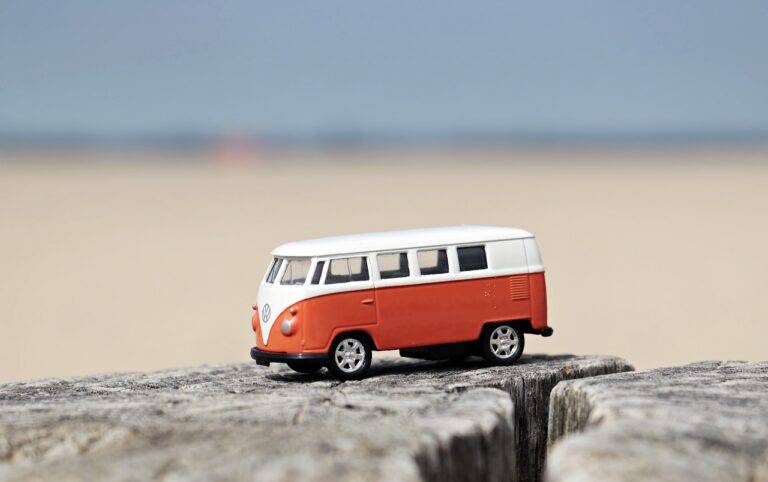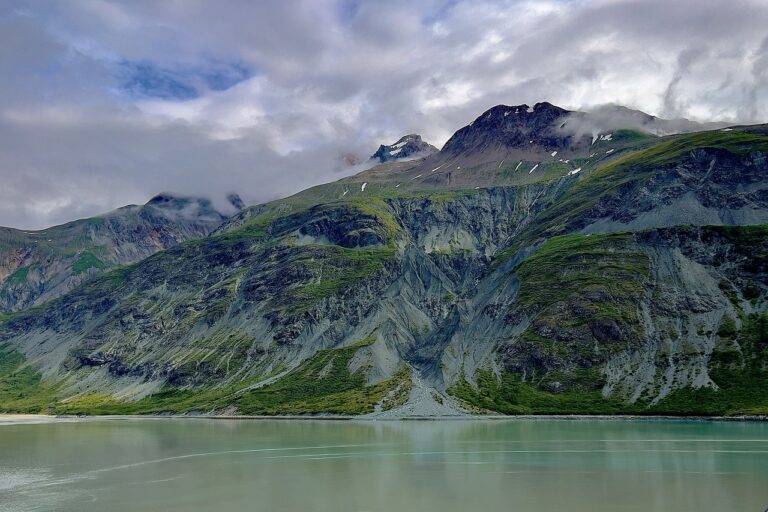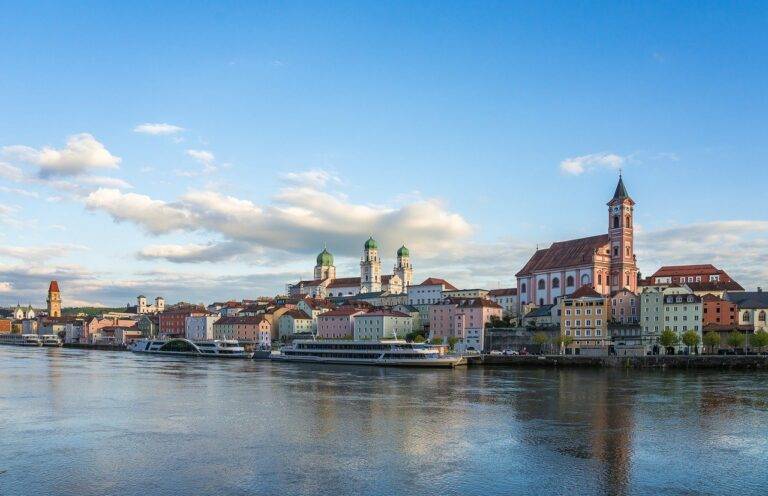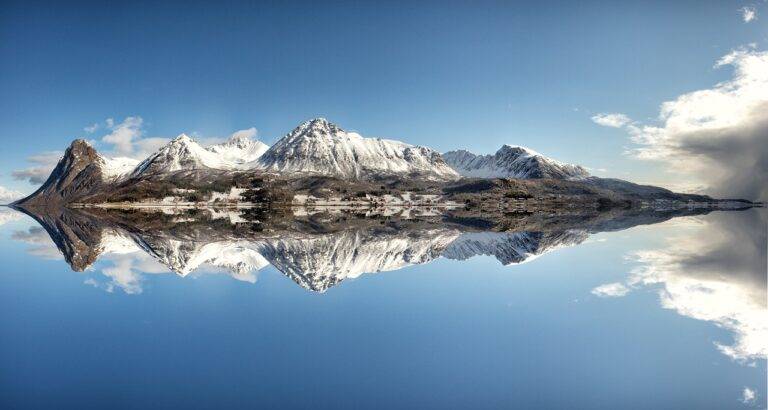Exploring Traditional Boat Races: Spectacular Regattas Celebrating Maritime Culture
Traditional boat races can be found in various parts of the world, showcasing the rich cultural heritage and longstanding traditions of different communities. These races serve as not only a form of entertainment, but also as a way to honor the history and customs of those who participate in them. From the iconic Dragon Boat Festival in China to the exhilarating Voga Longa race in Venice, these events bring people together in celebration of their shared maritime legacy.
The competitive spirit in traditional boat races unites participants and spectators alike, fostering a sense of camaraderie and pride within the community. Whether it’s the fierce rivalry in the Oxford and Cambridge Boat Race in England or the colorful spectacle of the Hſʻikeʻike o nĿ Waʻa in Hawaii, these races offer a unique glimpse into the passion and dedication of those involved. Each event is a testament to the enduring significance of boats and watercraft in global cultures, highlighting the enduring appeal of this age-old pastime.
• The Dragon Boat Festival in China is one of the most famous traditional boat races, dating back over 2,000 years.
• The Voga Longa race in Venice showcases the unique rowing traditions of the Venetian gondoliers.
• The Oxford and Cambridge Boat Race is a historic rivalry between two prestigious universities, attracting worldwide attention.
• The Hſʻikeʻike o nĿ Waʻa in Hawaii celebrates Polynesian voyaging culture and navigation techniques.
History and Origins of Traditional Boat Races
Traditional boat races have a rich history that dates back centuries. Originating in various cultures around the world, these races were often held to celebrate harvests, religious festivals, or simply as a form of entertainment. The tradition of boat racing can be traced back to ancient times when communities relied on waterways for transportation and trade.
Different regions have their unique styles and variations of traditional boat races. In Southeast Asia, countries such as Thailand and Indonesia have long been known for their spectacular longboat races, where teams of rowers compete against each other amidst cheering crowds. Similarly, in Europe, countries like Italy and the Netherlands have their own traditional boat races that showcase the maritime heritage and skills of the local communities.
Types of Traditional Boat Races
Dragon boat racing is a prominent type of traditional boat race that originated in China over 2,000 years ago. These races involve teams of paddlers propelling long, narrow boats adorned with dragon heads through the water. Today, dragon boat racing is not only popular in China but also in various countries around the world, attracting both participants and spectators with its vibrant and festive atmosphere.
Another popular traditional boat race is the Kerala Snake Boat Race in India. Also known as Vallam Kali, this event involves long, canoe-style boats decorated in intricate designs resembling a snake. Taking place during the harvest festival of Onam, the Kerala Snake Boat Race is a fascinating display of synchronized rowing and competitive spirit, drawing huge crowds annually.
What are some examples of traditional boat races around the world?
Some examples of traditional boat races around the world include the Dragon Boat Festival in China, the Voga Longa in Venice, Italy, the Intha leg-rowing competition in Myanmar, and the Sinking of the Sake Barrels in Japan.
What is the history and origin of traditional boat races?
Traditional boat races have been a part of various cultures for centuries, often originating from rituals, celebrations, or competitions. These races showcase the skills and teamwork of the participants, while also honoring the traditions and heritage of the community.
What are the different types of traditional boat races?
Some of the different types of traditional boat races include Dragon Boat racing, Venetian rowing races, canoe races in Polynesia, longboat races in Scotland, and punt races in England. Each type of race has its own unique characteristics and rules, but they all share a common theme of celebrating water-based traditions and heritage.

